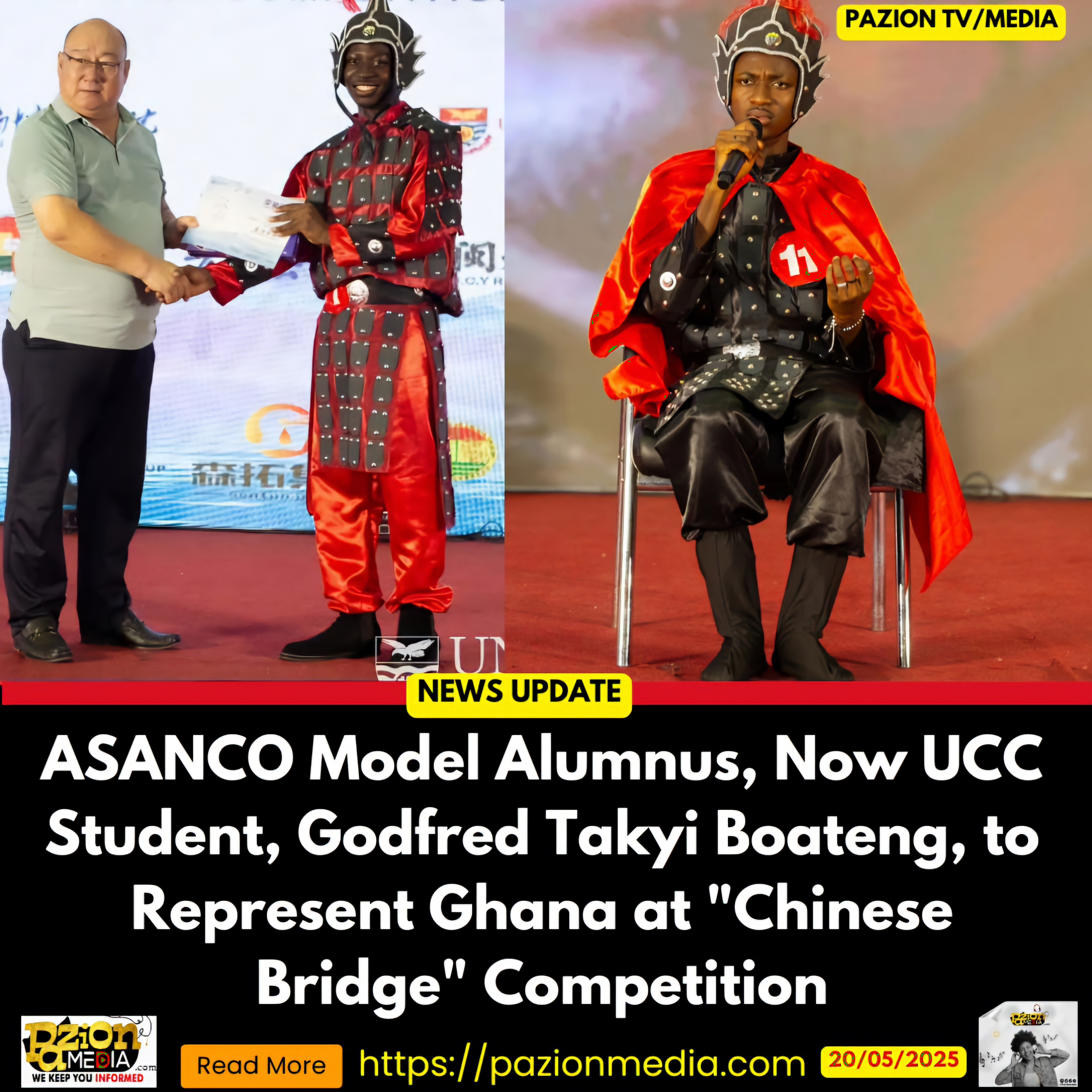The Chris Foundation Ghana, founded by UK-based citizen Christopher Anane, has donated a wealth of educational resources to students of Saint Benedict School Complex in the Amenfi West Municipality of the Western Region. The donation, which included life guide books, storybooks, exercise books, and pens, followed the school’s participation in the “READ GHANA” project, powered by PAZION MEDIA.
The “READ GHANA” reading competition, held at Saint Benedict School premises on March 10th, 2025, garnered considerable positive feedback from reading enthusiasts across online platforms. The competition showcased the students’ reading abilities and underscored the importance of literacy initiatives within the community.
The impact of the “READ GHANA” project extended beyond the initial competition. Impressed by the performance of Kingsford Arthur, the head boy for Saint Benedict School Complex, Samuel Buah (Samingo), an accountant for Compassion Ghana and a local business tycoon, was moved to donate two life guide books to the student. Buah, who discovered Arthur’s reading prowess through a video posted on PAZION TV online, exemplifies the ripple effect of these literacy initiatives in inspiring community support.
The Chris Foundation’s donation was formally presented to all participating students at Saint Benedict School on March 17th, 2025. All participating students received exercise books and pens, while the top five readers were further rewarded with additional exercise books, pens, and engaging storybooks. Bernice Kyeremeh, ambassador for Chris Foundation, made the presentation on behalf of the foundation, emphasizing the organization’s commitment to supporting education and promoting literacy among young Ghanaians.
The event culminated in a lively dance performance that brought joy and excitement to all the students in attendance, creating a memorable and positive experience. The Chris Foundation’s donation represents a significant boost to the educational resources available to students at Saint Benedict School Complex, and serves as a testament to the power of collaboration between community organizations, media outlets, and philanthropic individuals in advancing literacy and empowering young minds.
WHAT THEY READ ON 10TH MARCH, 2025
GHANA’S CULTURAL RICHNESS: TRACING THE ROOTS OF ITS MULTI-ETHNIC SOCIETY
Ghana’s rich cultural diversity is rooted in its multi-ethnic composition, a result of a complex interplay of historical factors that have shaped the nation over centuries. The Ghanaian society has been woven by the threads of migration, economic opportunity, colonial unification, and a search for peace and security.
One of the primary reasons for Ghana’s multi-ethnic character lies in the diverse origins of its people. The various ethnic groups that constitute Ghana’s population migrated from different parts of Africa, each bringing their unique languages, customs, and traditions. Some groups trace their origins to present-day Nigeria, while others migrated from the ancient Ghana Empire and the eastern regions of Chad.
Economic factors also played a significant role in attracting various ethnic groups to the area now known as Ghana. The desire to improve their economic well-being and pursue opportunities for prosperity served as a powerful motivator for migration. The availability of fertile land for cultivation, as well as access to rivers and the sea, proved particularly enticing. The numerous rivers and the abundant marine resources along the coast drew the Fante, Ga, and Ewe people to the Gold Coast, providing them with opportunities for agriculture and fishing.
Colonialism, despite its negative aspects, also contributed to the unification of Ghana’s diverse ethnic groups. Before the arrival of the British, the various ethnic groups lived in scattered villages, towns, and hamlets, each under the authority of different traditional rulers and kings. British colonial rule brought these disparate groups together under a single administration, laying the groundwork for the formation of a unified nation. Following Ghana’s independence in 1957, the former colony transitioned into a full-fledged country, retaining its multi-ethnic character.
The pursuit of peace and security has also been a factor in shaping Ghana’s ethnic composition. Various ethnic groups migrated to the region in search of a more stable and secure environment. For example, the Akan and Guan people migrated from the ancient Ghana Empire to escape attacks from the Almoravides, seeking refuge in the relative peace and stability of the Gold Coast.
Finally, the varying arrival times of the different ethnic groups and their subsequent settlement in distinct territories contributed to minimizing conflict and fostering peaceful coexistence. As each group established its own domain, it helped reduce competition for resources and minimized friction between different communities.
In summary, Ghana’s multi-ethnic character is a product of a complex and dynamic history, shaped by migration patterns, economic opportunities, the unifying influence of colonialism, and the pursuit of peace and security. This rich diversity is a defining characteristic of the nation and a source of cultural strength.



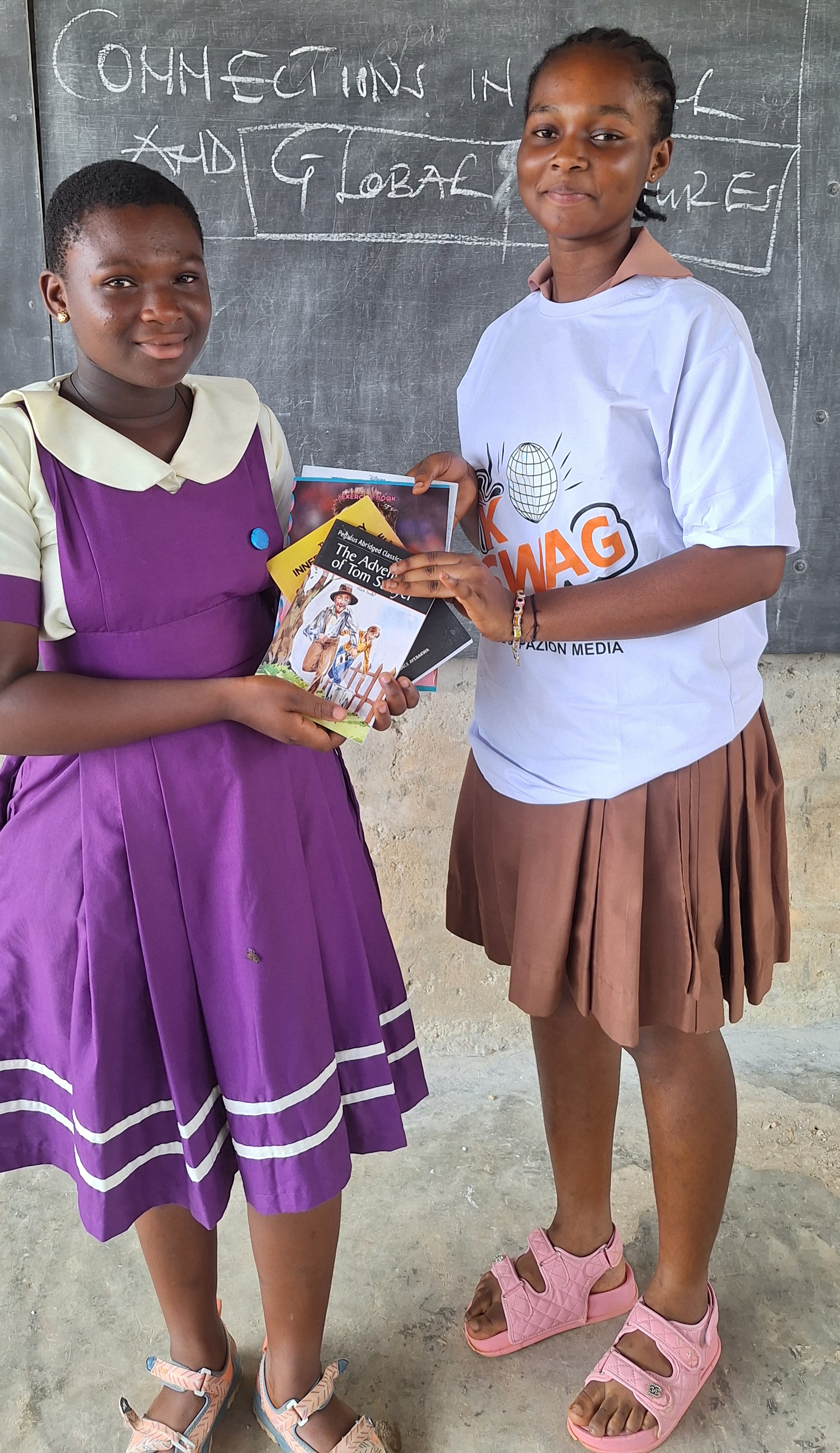
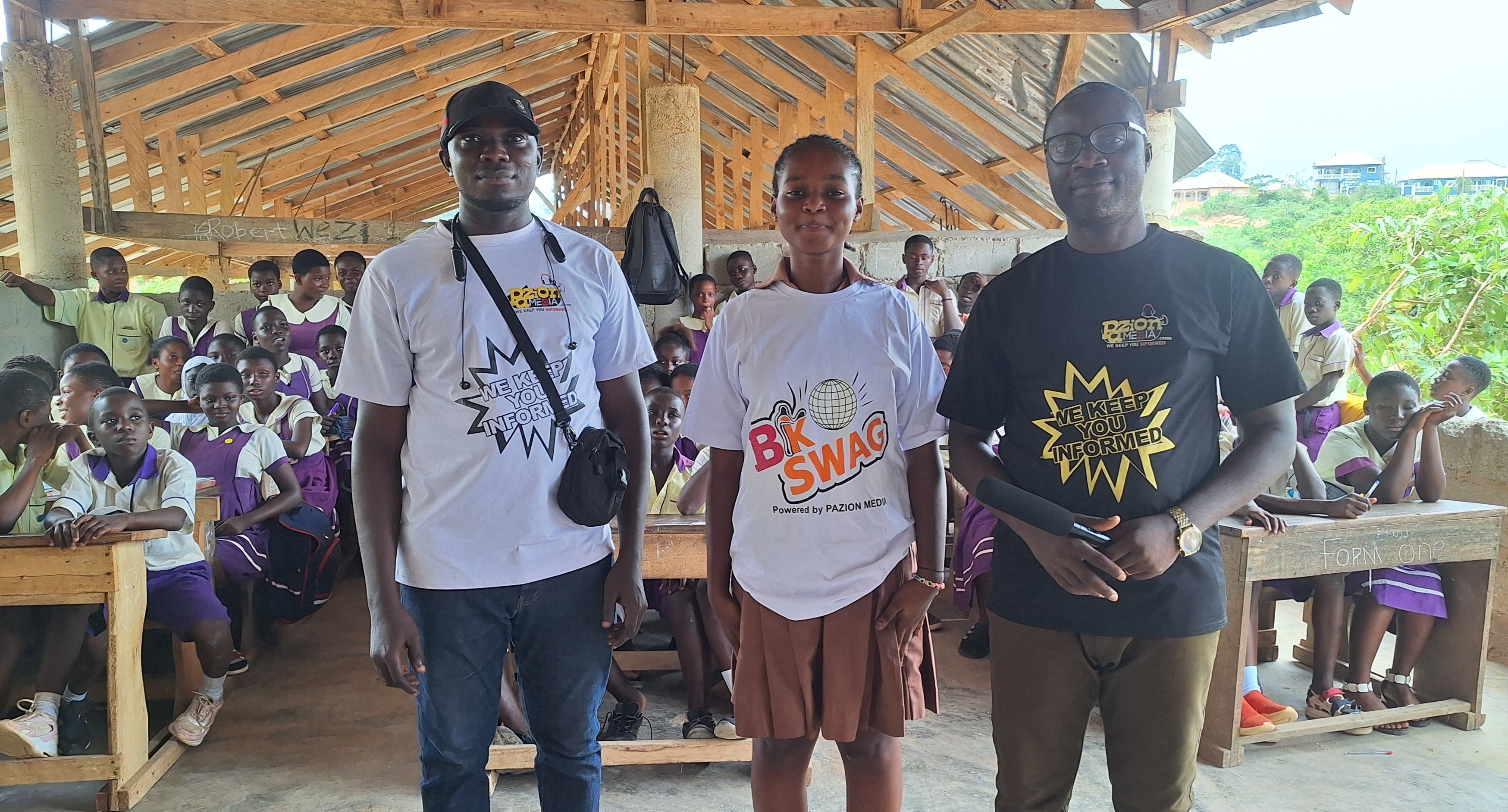

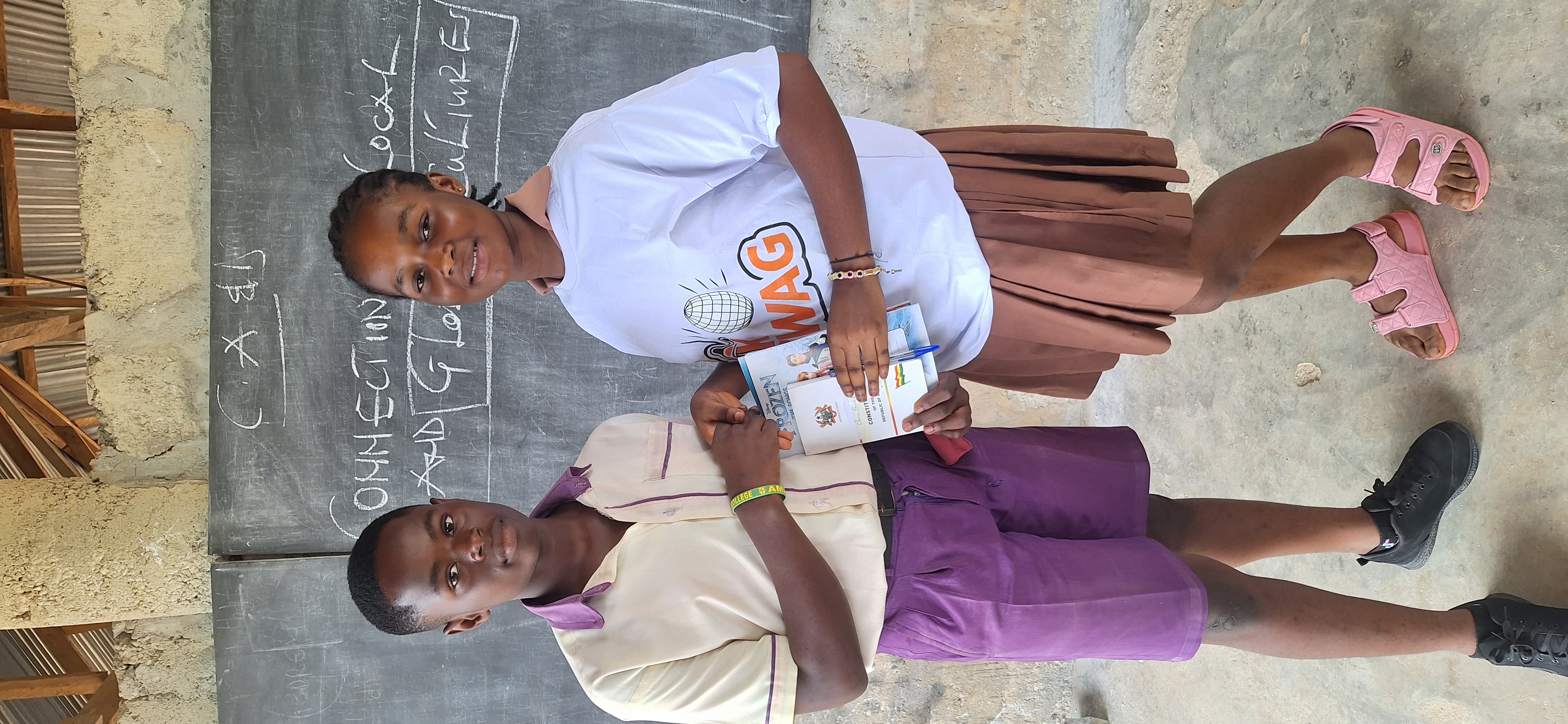
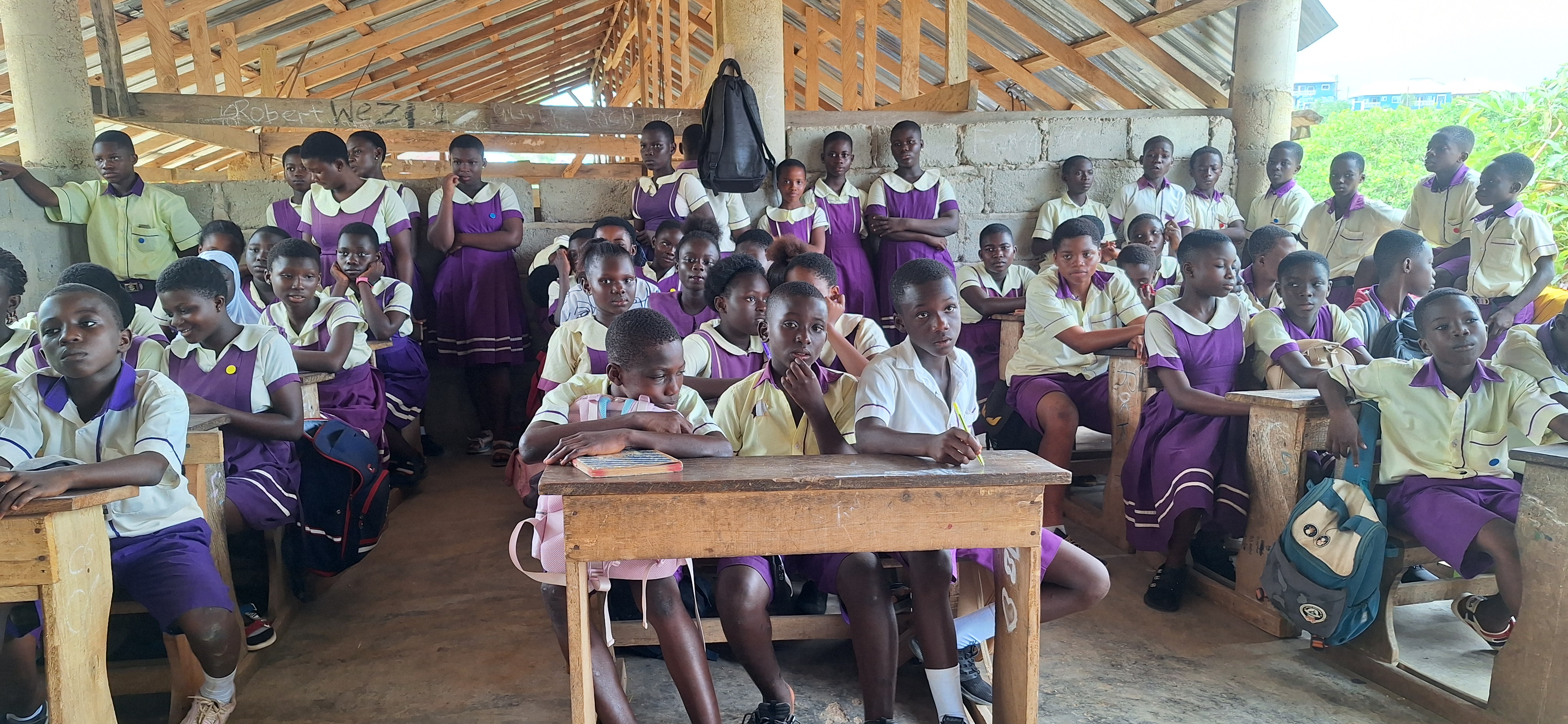
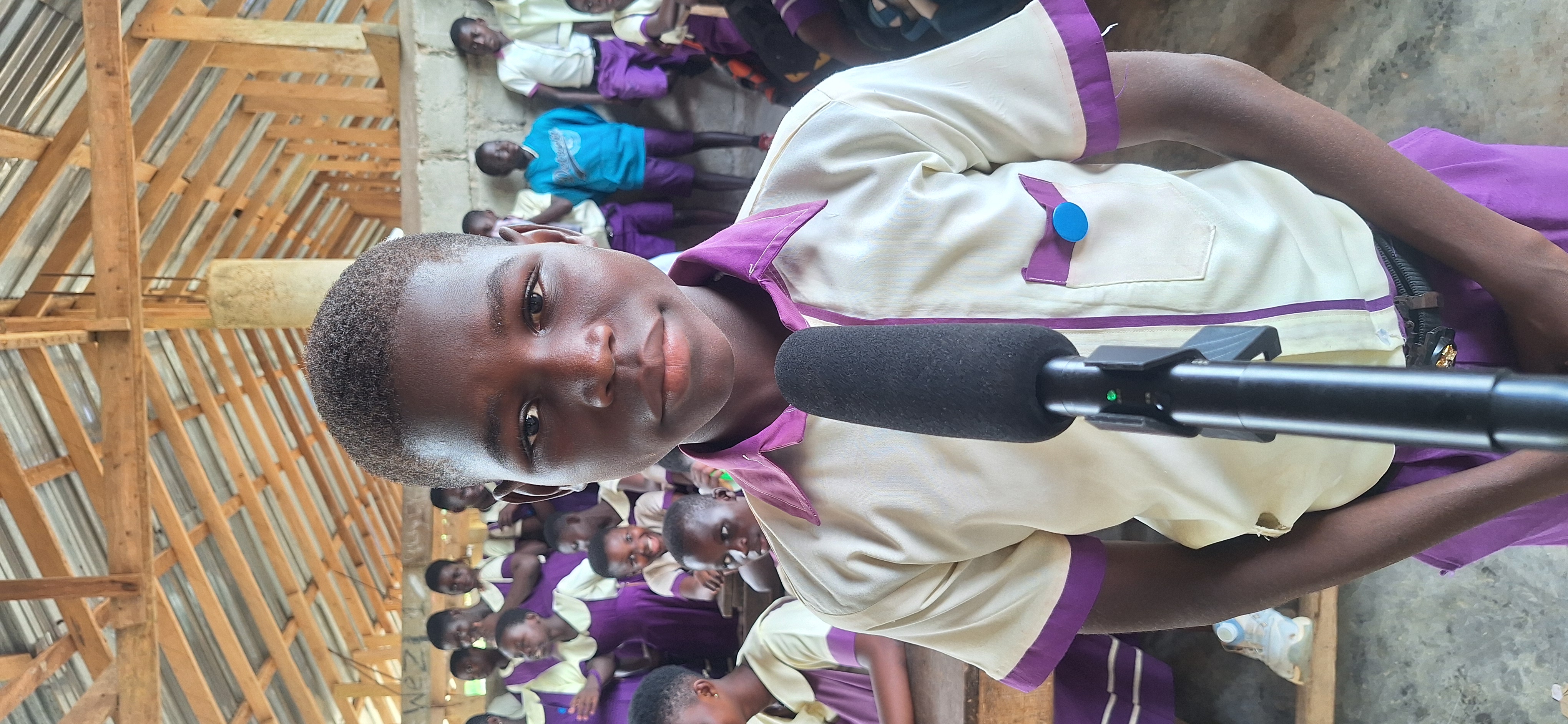
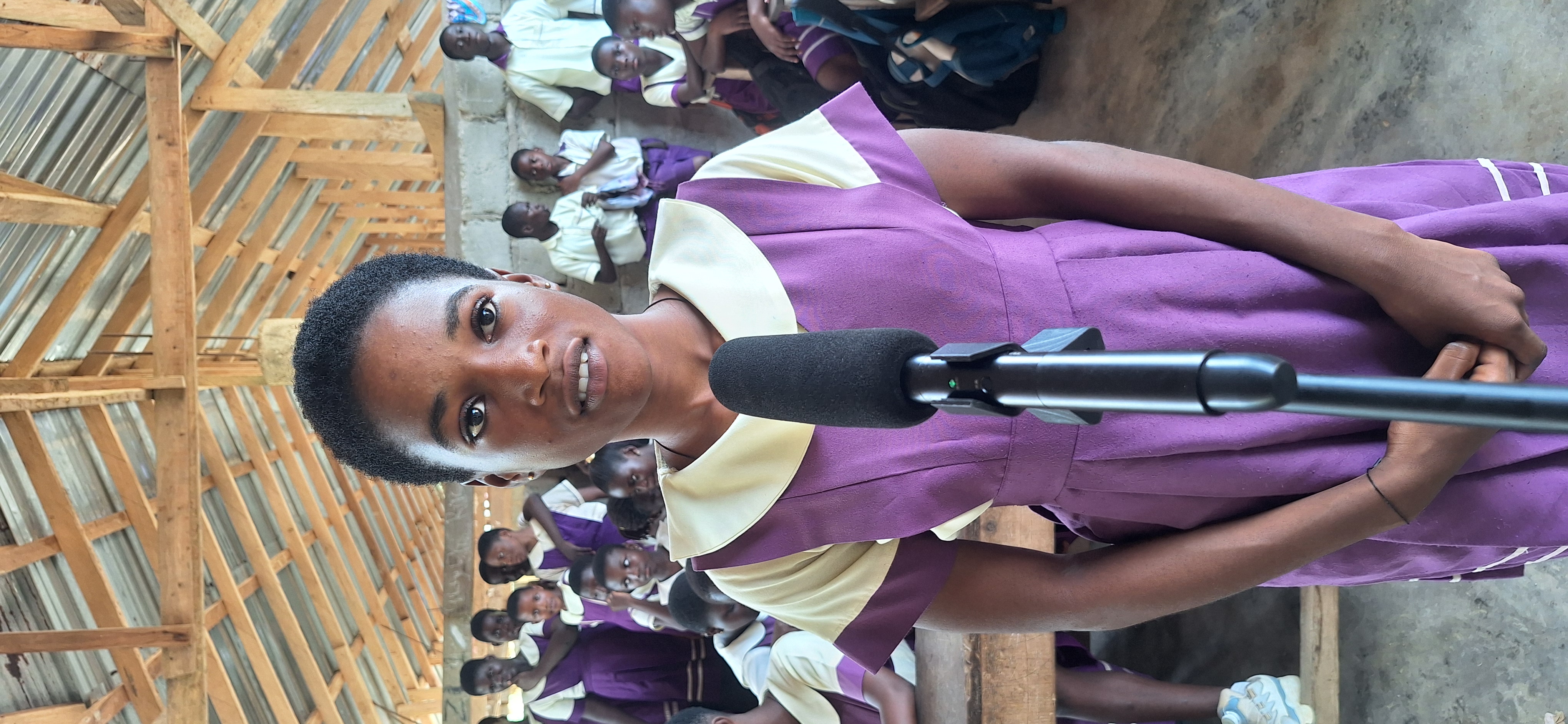
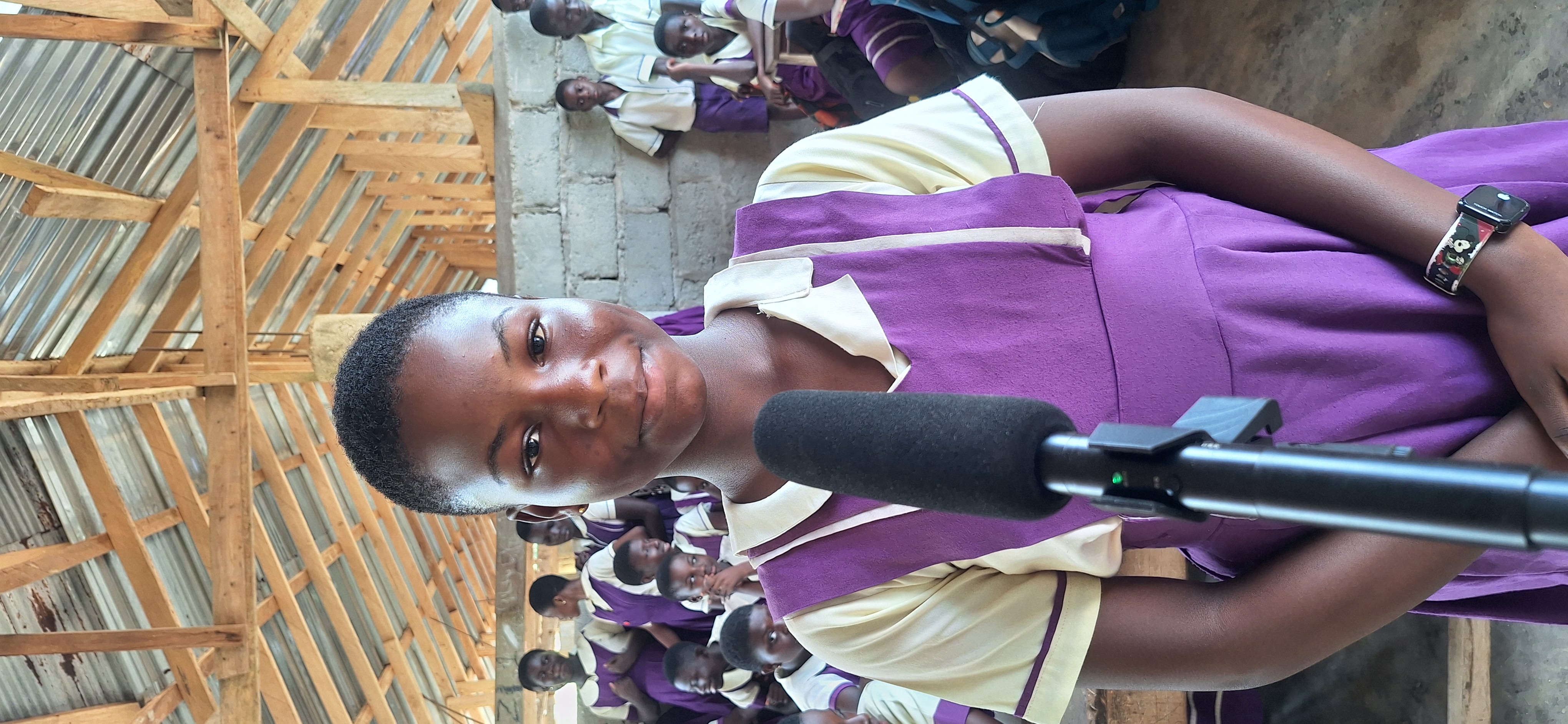

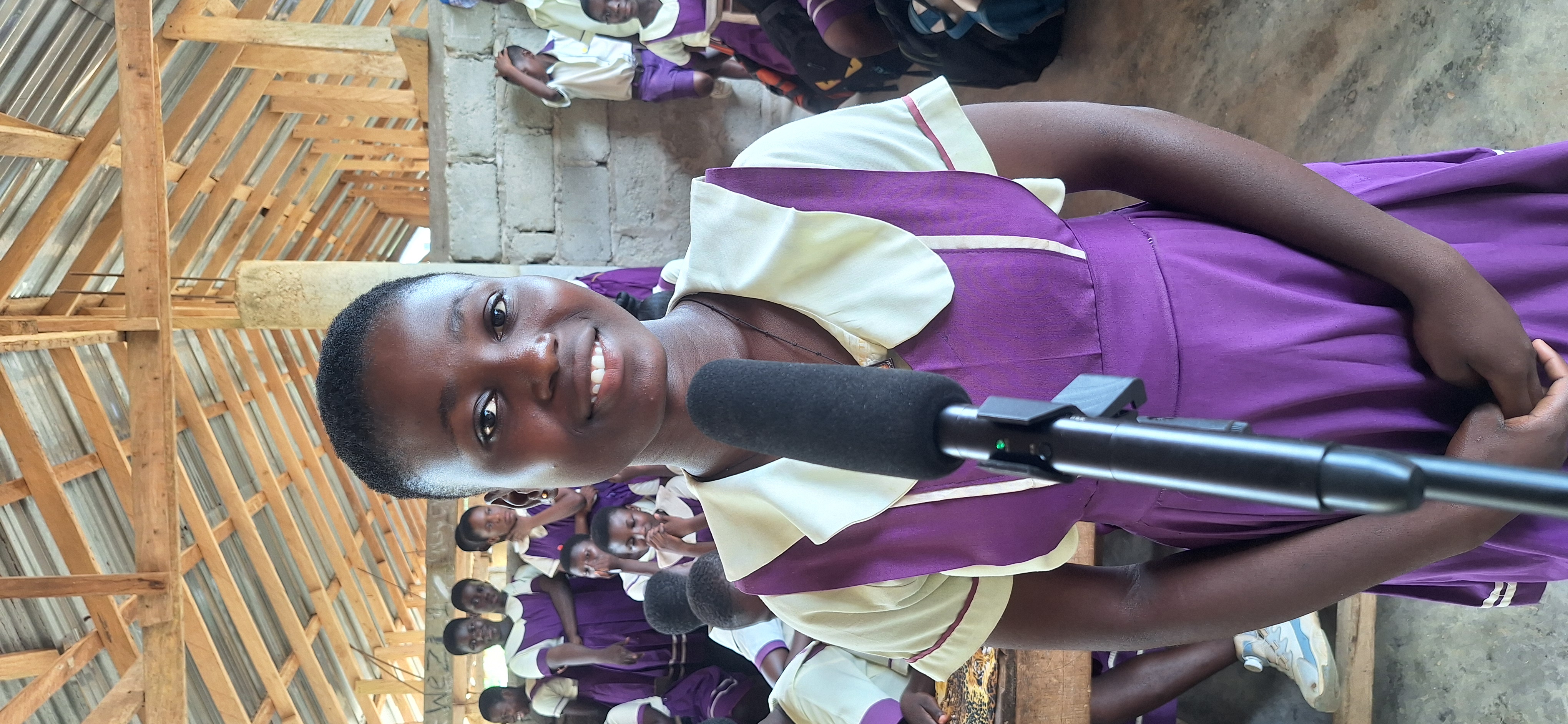
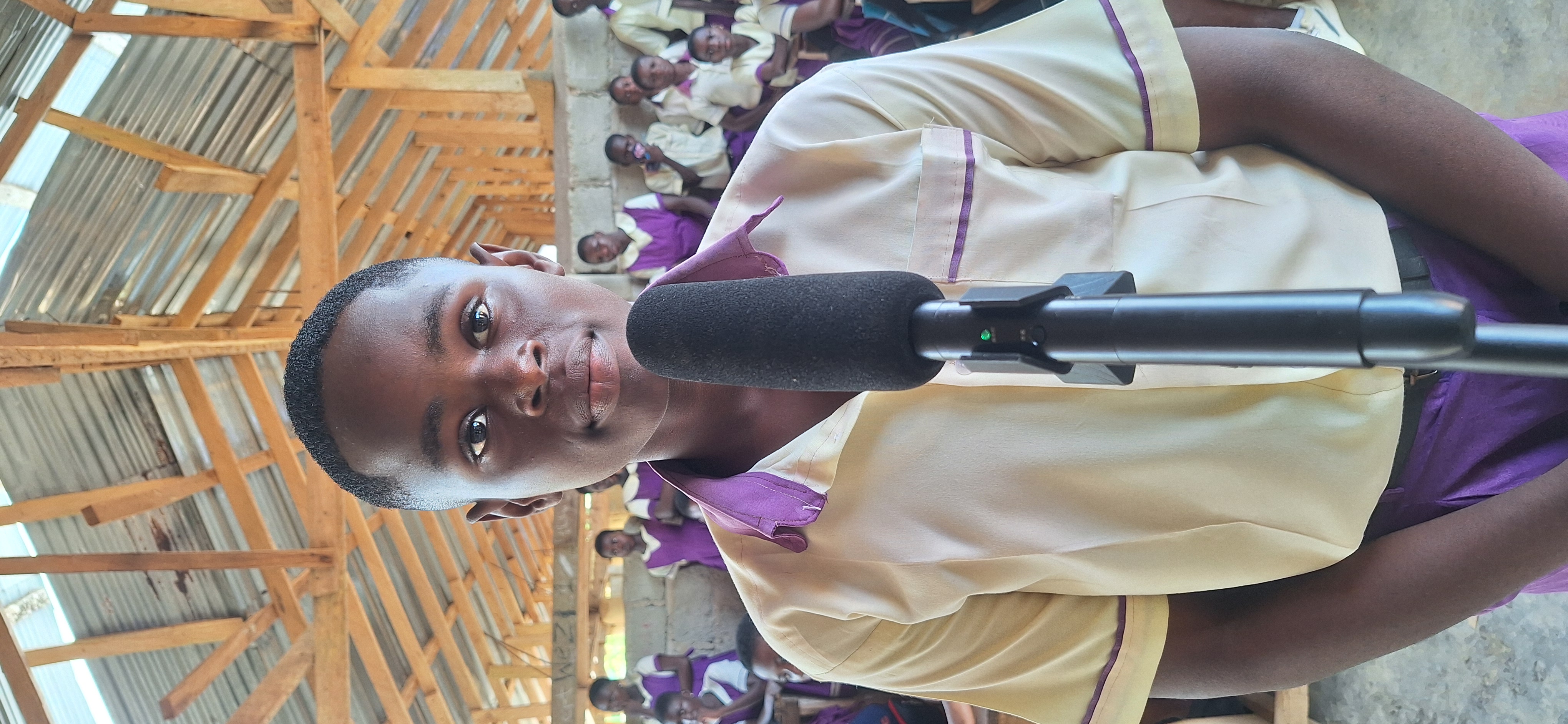

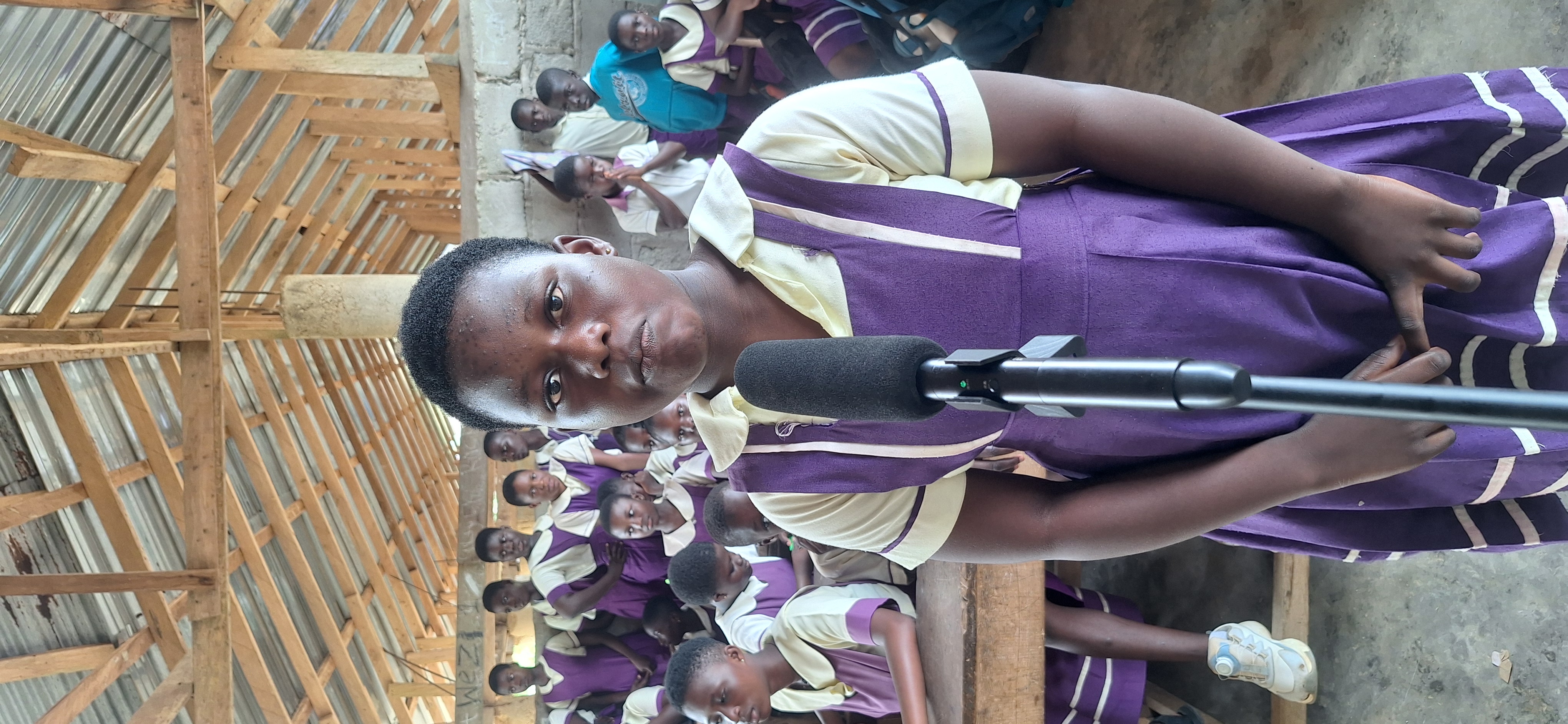
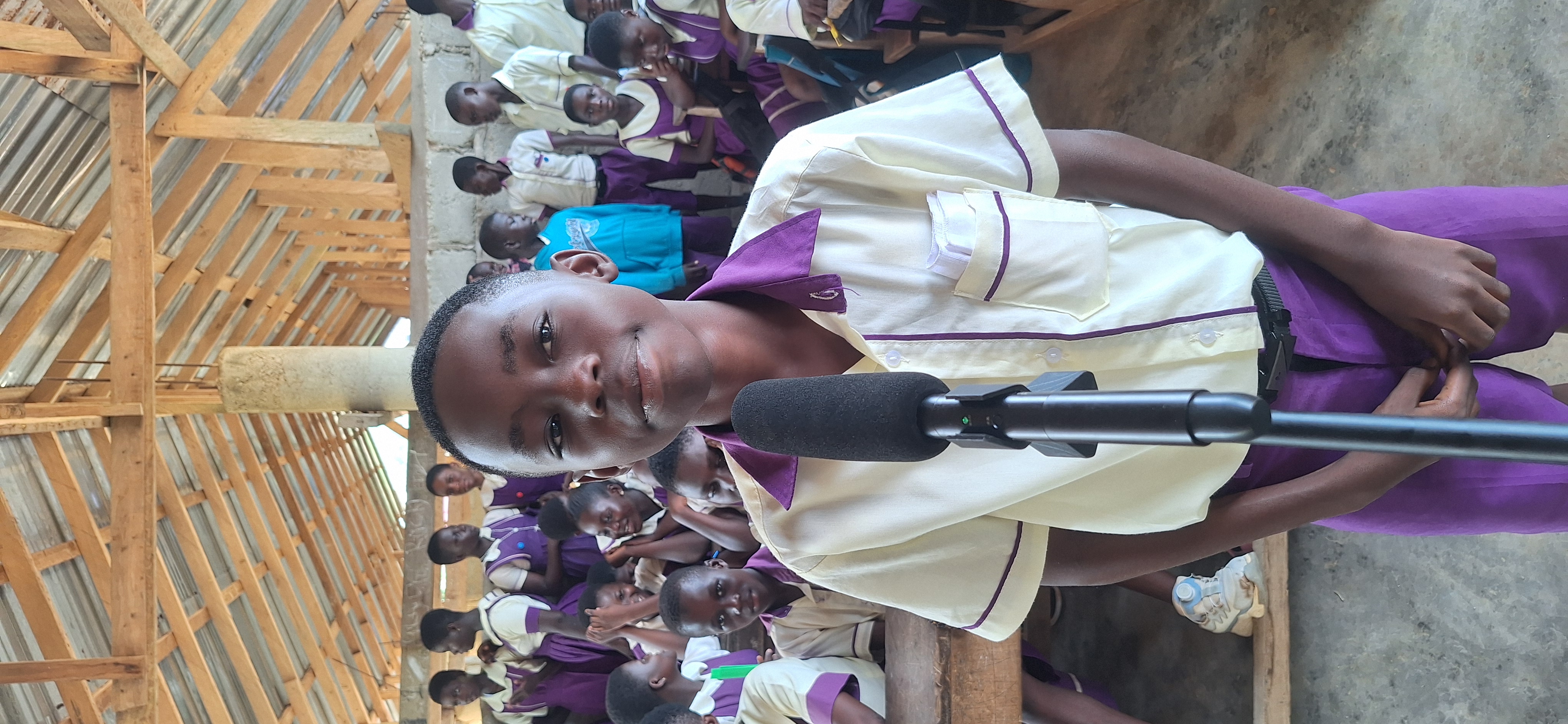
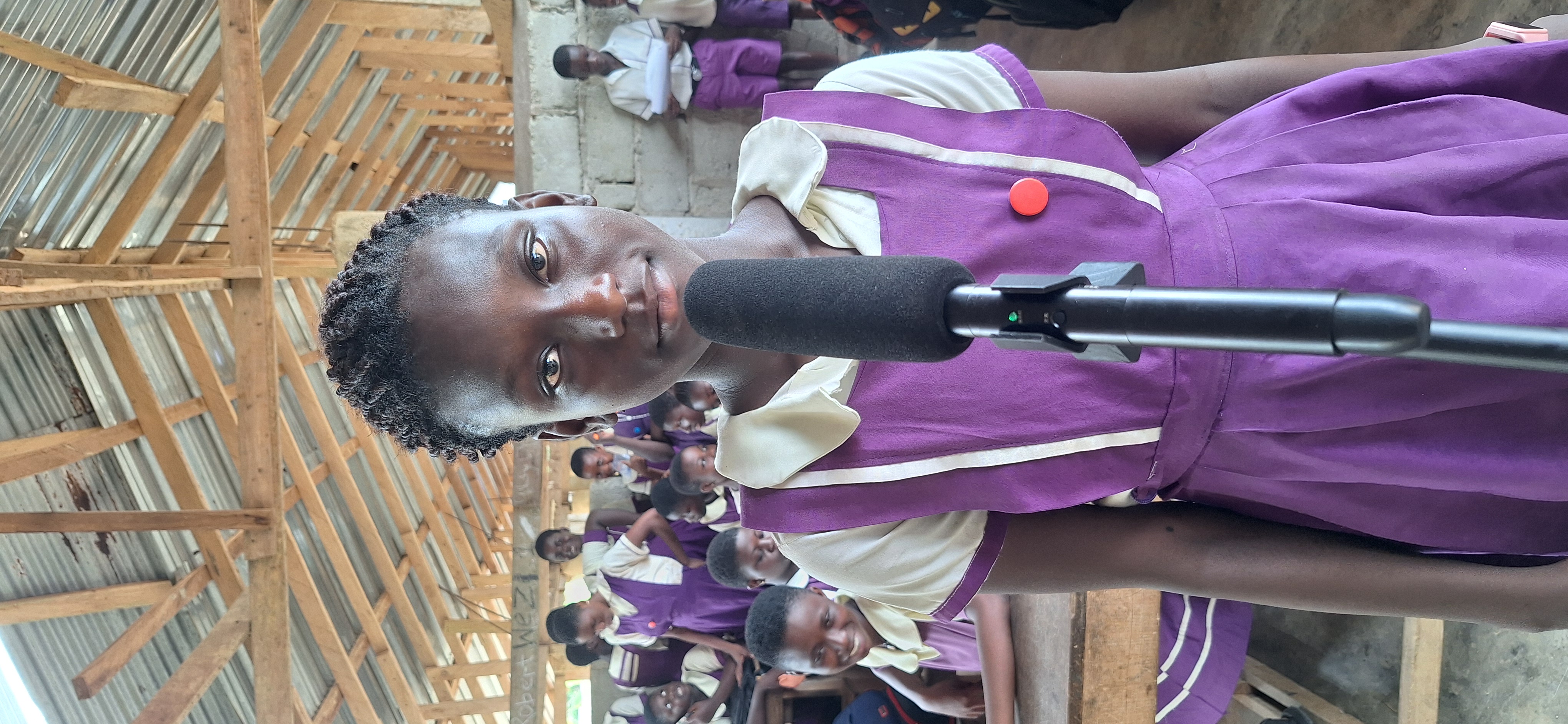
 Pazionmedia.com Pazion Media l Latest News l Politics l Sports l Entertainment
Pazionmedia.com Pazion Media l Latest News l Politics l Sports l Entertainment

